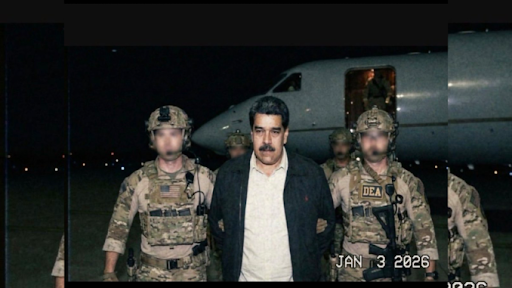April is designated as the Month of the Military Child, a time to acknowledge the unique experiences and sacrifices made by the sons and daughters of service members. While the nation rightly honors the bravery and dedication of its military personnel, it’s crucial to recognize the often-unseen resilience of their children. These young individuals navigate a childhood punctuated by frequent moves, parental deployments, and the constant undercurrent of worry for a loved one in harm's way. Yet, amidst these challenges, military children often develop remarkable strength, adaptability, and a profound understanding of duty and sacrifice. Their stories are not just about hardship; they are powerful testaments to the human spirit's ability to thrive in the face of adversity.
The transient nature of military life is perhaps the most defining characteristic of a military child's upbringing. Unlike their civilian counterparts who may spend their entire childhood in the same town, attending the same schools and building lifelong friendships, military children average six to nine school changes throughout their academic careers. Each move necessitates saying goodbye to familiar faces, adjusting to new academic environments, and forging new social connections. This constant uprooting can be emotionally taxing, requiring a level of maturity and adaptability far beyond their years.
Furthermore, the absence of a parent due to deployment casts a long shadow over the lives of military children. While technology allows for some level of connection, physical absence during birthdays, holidays, and everyday milestones creates a void that can be difficult to fill. Children may grapple with feelings of sadness, anxiety, and even resentment, struggling to understand why their parent is away and when they will return. The remaining parent often shoulders the burden of single-parenting, navigating household responsibilities, emotional support, and the anxieties of their own while trying to maintain a sense of normalcy for their children.
Despite these significant challenges, military children often demonstrate remarkable resilience and go on to achieve great things. Their experiences cultivate a unique set of skills and perspectives that can serve them well in their future endeavors. They learn to be adaptable, resourceful, and independent. They develop strong communication skills, quickly learning how to connect with new people in unfamiliar environments. They gain a broader understanding of the world and different cultures through their travels. And perhaps most importantly, they develop a deep appreciation for the sacrifices made by their parents and a strong sense of patriotism.
General Mark A. Milley, Former Chairman of the Joint Chiefs of Staff
As the son of a World War II veteran who served in the Pacific Theater, General Milley grew up with a deep understanding of military service and its demands. His father's experiences undoubtedly shaped his perspective and instilled in him a sense of duty. Despite the potential challenges of being the child of a veteran, Milley excelled academically and athletically, eventually graduating from Princeton University and receiving his commission as an Army officer. His distinguished military career culminated in his appointment as the highest-ranking officer in the U.S. Armed Forces, a testament to his leadership, intellect, and unwavering commitment. General Milley's journey demonstrates how the values instilled in a military family, even with the potential absences and adjustments, can lay the foundation for exceptional achievement.
Tammi Fisher, Former Mayor of Kalispell, Montana
Tammi Fisher's father was a career Air Force officer, meaning her childhood was marked by frequent relocations across the United States and even overseas. This constant change could have been disruptive, but Fisher credits it with fostering her adaptability and ability to connect with diverse communities. She learned to quickly integrate into new schools and make new friends, skills that undoubtedly served her well later in life. After her father retired, her family settled in Montana, where Fisher eventually pursued a career in law and then public service. Her election as the Mayor of Kalispell showcased her leadership abilities and her deep commitment to her community. Fisher's experience illustrates how the adaptability honed through a military childhood can translate into success in civic life.
Dr. Rajiv Shah, President of the Rockefeller Foundation
Dr. Rajiv Shah's parents immigrated to the United States, and his father worked as a mechanical engineer at a naval shipyard. Even the children of DoD civilians can go through some of the same difficulties, Dr. Shah experienced the dedication and commitment to service inherent in supporting the armed forces. This environment instilled in him a strong sense of purpose and a desire to contribute to the greater good. He went on to achieve remarkable success in medicine and public service, serving as the Administrator of the U.S. Agency for International Development (USAID) under President Obama. In this role, he led the U.S. government's efforts to end extreme poverty and promote global health. Dr. Shah's trajectory highlights how the values of dedication and service, often deeply ingrained in families connected to the military, can inspire individuals to make significant contributions to society.
These are just a few examples of the countless military children who have grown into accomplished adults. Their stories underscore the fact that while the challenges of military life are real, they also foster invaluable qualities that can lead to remarkable achievements. During the Month of the Military Child, it is imperative that we not only acknowledge the sacrifices these young individuals make but also celebrate their resilience, adaptability, and the unique perspectives they bring to our communities. By providing them with the support and understanding they need, we can ensure that they continue to thrive and reach their full potential, enriching our nation with their strength and spirit.



%201.svg)









